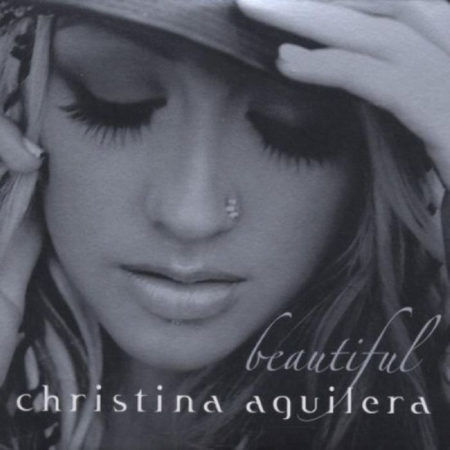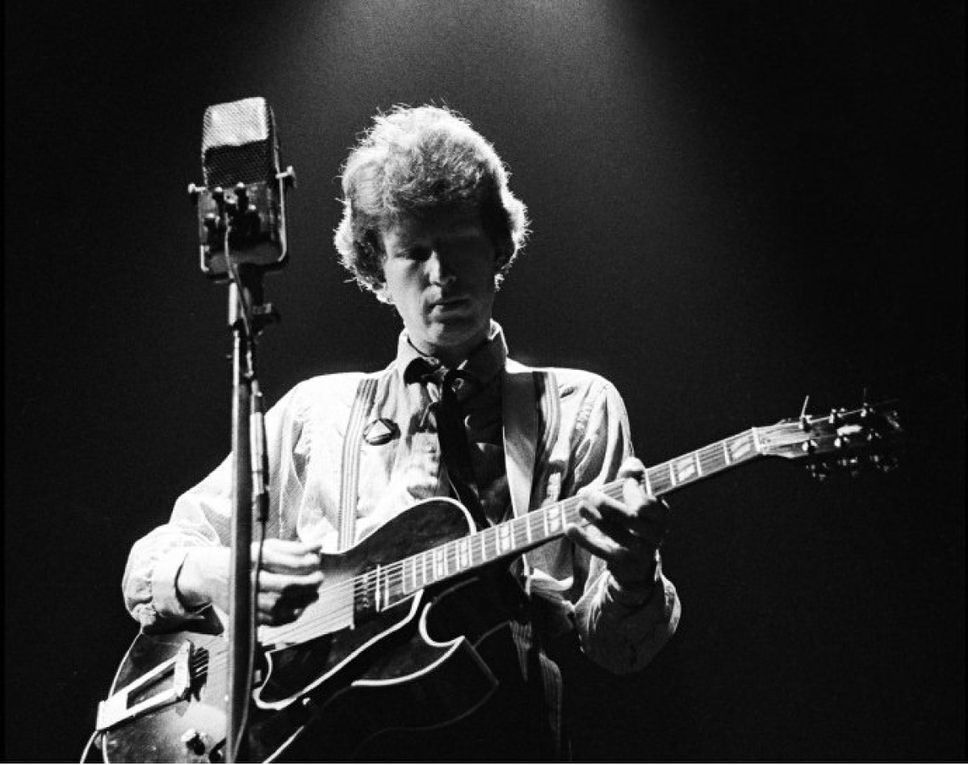Same Love
- Reagan Tkatch
- Dec 9, 2020
- 4 min read
Written in collaboration with Ryan Lewis and Mary Lambert, the pivotal song Same Love was released by Macklemore in December of 2012. A song preaching love and acceptance, Same Love demonstrated the importance of understanding each other in a way few artists before him were able to.
Same Love Same was inspired by a news article in 2012 considering a teenager who committed suicide after being bullied for being gay (Cteng, 2018). Macklemore decided to write this song after reading this article to embrace and support gay marriage, which many rap songs at the time did not do.
Considering the social context, Same Love was written in regards to the legalization of same-sex marriage in the US. Written at a time where there were still many governmental debates over the legalization of same-sex marriage, the song was used as the unofficial anthem for supporters in 2012, specifically in association with the Washington Referendum 74 (Amores, 2016).
Macklemore believed that rap music was partly responsible for the ways in which gay youth was being perceived and treated.
“Denying gay adults the right to be married contributed negative effects on gay teenagers.” (Macklemore, 2014)

(Macklemore, 2012)
Lyrical Analysis
Same Love has three verses and a hook, organized in a rap style.
Verse one tackles the themes of stereotypes, religion and government in correspondence with the reaction the LGBTQ+ community receives from their outdated beliefs.
"A preconceived idea of what it all meant. For those that like the same sex had the characteristics."
"The right-wing conservatives think it's a decision."
"And "God loves all his children" is somehow forgotten. But we paraphrase a book written thirty-five hundred years ago."
Verse two calls out hip-hop, shining light on the way the LGBTQ+ community has historically been represented negatively within hip-hop culture. Words like, “faggot” or “no homo” are used to regularly emasculate gay people within rap or hip-hop music, which in consequence, dubs “gay” a negative term. As well as criticizes the ways in which society chooses to treat the LGBTQ+ community.
"If I was gay, I would think hip-hop hates me. Have you read the YouTube comments lately?"
"Our culture founded from oppression. Yet we don't have acceptance for 'em."
Verse three directly calls out to the American government to legalize same-sex marriage and relays a message on suicide within the community.
"A world so hateful, some would rather die than be who they are."
"And a certificate on paper isn't gonna solve it all. But it's a damn good place to start."
The hook relays the direct message of the inability to change a part of yourself that is unchangeable, relating back to the beliefs of catholic religion, and conservative opinion.
"And I can't change, even if I tried. Even if I wanted to."
The outro uses a direct quote from St Paul’s First Letter to the Corinthians 13. The message follows in suit with the idea of God’s love for everyone.
"Love is patient. Love is Kind."
The Music Video
Like so much of contemporary discourse, the imagery used to accompany the song in the music video was used to a brilliant effect. The video as a whole captured the life story of a young gay man from birth to death. Heartwarming and eye-opening viewers are taken on a journey through his trivials and highs, eventually ending up getting married to a man at the end of the video. What makes this point so important is that at the time, gay marriage was not even legal. Macklemore and Ryan Lewis used their platform and video to project a future with gay marriage, and showed it in a positive connotation, despite the trend within rap and hip-hop to discriminate against the community.
(Macklemore, 2012)
Why is this song so important?
This song was and still is so important to the protest for LGBTQ+ rights because at the time there really was no real rap representation for the community. Macklemore and Ryan lewis collaborated to create the first song to explicitly embrace and promote gay marriage that had made its way into the Top 40.
From the very beginning, the duo intended the song to have a political impact and they were very successful in that realm. Released as a single in July 2012, they offered “Same Love” as a theme song to groups working to pass Referendum 74. Some profits of the single were also donated to the advocacy group Washington United for Marriage (Bwood, 2018).
The same-sex marriage legislation has now passed in America, and perhaps it wasn’t because of the song or music video at all. Nonetheless, it is accurate to say that “Same Love” is a song that has had a small part in a very large movement.
“This is a song that has the most unequivocal pro-equality message to ever be expressed in a major single, and its really reached a wide range of audiences" (Ferraro, n.d., spokesman for GLAAD.)
How did people react?
Although the song was very successful it also triggered some controversy. For example, an arts teacher, in Michigan, was suspended after playing the song in class due to its lyrics about homosexuality. This incident among others further reinforced the need for more songs like “Same Love” to be released (Snell, 2016)
w.c. 943



Comments